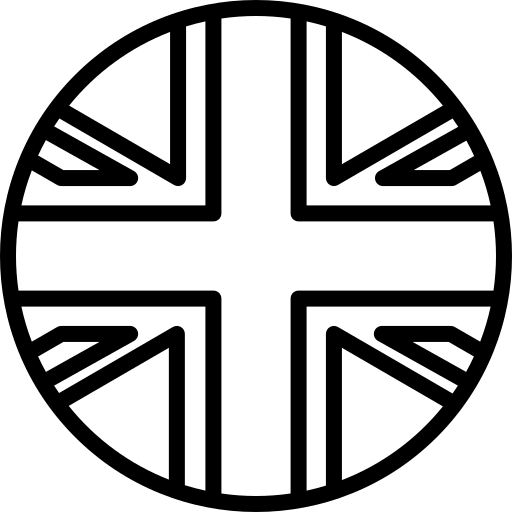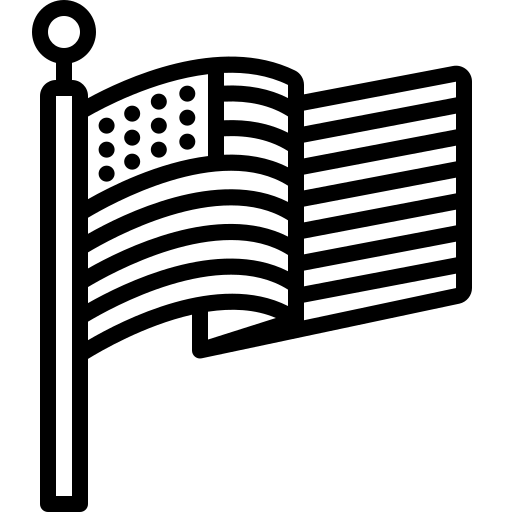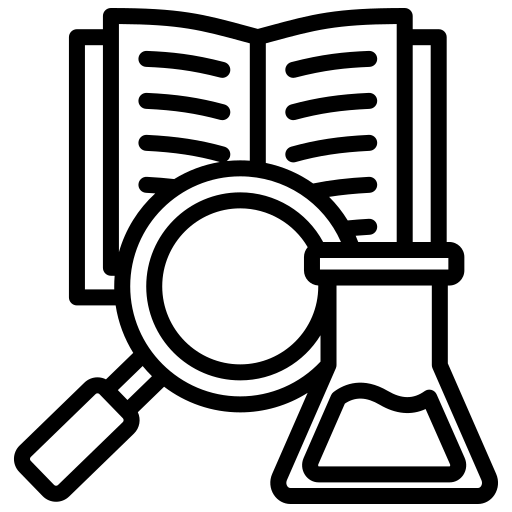Cosmetic Regulations

Comprehensive Support for Your Cosmetic Product Launch
Launching a new cosmetic product is a delicate process that requires careful planning and informed decisions. Just like a seed needs good soil to grow into a giant tree, your product needs the right regulatory foundation to thrive in the market.
As specialists in international cosmetic regulations, Biorius supports cosmetics brands by offering turnkey solutions that simplify compliance and expedite market entry. We provide a one-stop-shop approach to regulatory services, ensuring your product meets the necessary standards across various regions.
Trusted by more than 1,500 cosmetic brands
Our Solutions
At Biorius, we provide expert regulatory and toxicological services designed to help cosmetic brands meet compliance standards and successfully expand into global markets. Our tailored solutions include:

Need a Notification or a Responsible Person for Your Cosmetic Product?
Ensure your cosmetic products are fully compliant for the EU, UK, US or Canada market with Biorius. From reviewing your formula to verifying your product’s label, we handle every step.
Contact us today to register your product and act as your Responsible Person.
Latest Regulatory Updates
FAQ
How can Biorius help ensure my products are compliant with EU regulations?
We offer comprehensive support to ensure your products meet all EU Regulation 1223/2009 requirements. This includes:
- Conducting a Cosmetic Product Safety Report (CPSR) to guarantee that your product is safe for consumers.
- Creating and maintaining your Product Information File (PIF), which is a mandatory dossier containing all regulatory documentation.
- Managing Label and Claims Reviews to ensure your packaging complies with the EU’s strict standards.
- Submitting product notifications to the Cosmetic Products Notification Portal (CPNP) and acting as your Responsible Person in the EU, ensuring your products are legally placed on the market.
Our team of regulatory experts, toxicologists, and chemists will manage the entire process, giving you peace of mind that your products are fully compliant.
Do I need separate compliance for the UK now that it’s no longer part of the EU?
Yes, the UK Cosmetics Regulation requires separate compliance, and Biorius can handle this for you. Our services include:
- Updating your PIF and submitting product notifications through the UK SCPN Portal.
- Appointing a UK Responsible Person to handle all compliance issues and represent your brand in the UK.
- Ensuring your labels meet the requirements specific to both the EU and UK markets.
With offices in both the EU and UK, we simplify the process by providing full compliance services for both regions.
What does Biorius offer for US cosmetics compliance?
In the US, we help you navigate the Federal Food, Drug, and Cosmetic Act and the newly introduced Modernization of Cosmetic Regulation Act (MoCRA). Our services include:
- Reviewing your product formulas, labels, and marketing claims to ensure compliance with federal and state laws.
- Offering optional Voluntary Cosmetic Registration Program (VCRP) assistance to make future inspections smoother.
- Helping brands comply with California-specific laws like Proposition 65 and the California Safe Cosmetics Program, which are among the most stringent in the US.
What are the cosmetic regulations in Canada and how can Biorius assist with compliance?
Canada regulates cosmetics under the Food and Drugs Act and the Cosmetic Regulations. The regulatory framework is overseen by Health Canada, which ensures that all cosmetic products sold in the country are safe and properly labeled. Key aspects include:
- Cosmetic Ingredient Review: Similar to the EU, Canada has a list of restricted and prohibited ingredients that must be adhered to. Biorius helps by reviewing your formulations to ensure they meet Canada’s safety requirements.
- Notification of Cosmetics: All cosmetic products sold in Canada must be notified to Health Canada via a Cosmetic Notification Form (CNF) within 10 days of being sold. This process confirms that the product meets the standards set by Health Canada.
- Labeling Requirements: Canadian cosmetics must comply with specific labeling regulations, including bilingual labeling (English and French), ingredient lists using the INCI nomenclature, and ensuring that all health and safety warnings are properly included on the packaging. We help ensure that your labels are fully compliant with these standards.
- Restricted Substances: Canada has a Hotlist, which is a list of ingredients that are restricted or banned in cosmetics. Biorius conducts an in-depth ingredient review to ensure your formulations do not contain any prohibited substances.
What does your formula review process involve?
Our Formula Review Service ensures that your product formulation complies with local and international regulations, including restrictions on ingredients and their usage levels. The process involves:
- Toxicological assessments to confirm that each ingredient is safe at the concentration used.
- Verifying that your formulation doesn’t contain any prohibited substances or ingredients that exceed maximum allowed concentrations.
- Ensuring compliance with additional regulations such as the REACH Regulation in Europe and the FDA rules in the USA.
What is a Free Sales Certificate and do I need one?
A Free Sales Certificate (FSC) is often required when exporting cosmetics to certain countries. It confirms that your product is legally sold in its home market. Biorius can obtain an FSC for you, ensuring smooth export processes and legal compliance in your target markets.
What services does Biorius offer in its Ingredient Review process?
Biorius offers a comprehensive review of every ingredient in your formulation. This includes:
- Safety evaluations, ensuring that each ingredient is safe for use in the intended quantities.
- Regulatory checks against international regulatory databases, ensuring compliance with market-specific regulations such as the EU’s Regulation 1223/2009, Canada’s Hotlist, and the US FDA’s regulations.
- Toxicological assessment to identify potential health risks, such as skin irritation or sensitization, as well as long-term effects like carcinogenicity or reproductive toxicity.
- Trace impurities analysis to ensure that the final product does not contain any unwanted contaminants.
Get in Touch
Need a piece of advice, a quotation or answers to your questions?
Fill in this form or contact us directly: info@biorius.com – We will answer as soon as possible!
As specialists in cosmetic Regulations for more than 15 years, Biorius offers a reliable turnkey solution for placing cosmeticproducts in various markets:
-
First Class specialists in cosmetic regulations in Europe, the United Kingdom, the United States, and in more than 60 countries -
50 regulatory experts, toxicologists, pharmacists, and chemists to serve you. -
A unique model that guarantees you both the fastest turnaround possible and high-quality services. Curious? Ask us to know more! -
A best-in-class IT tool, free of charge, and saving a lot of your time. -
More than 1,500 international clients have already chosen Biorius! -
We evaluated more than 100,000 products and have always successfully managed compliance over 15 years of existence
Get in Touch
"*" indicates required fields












